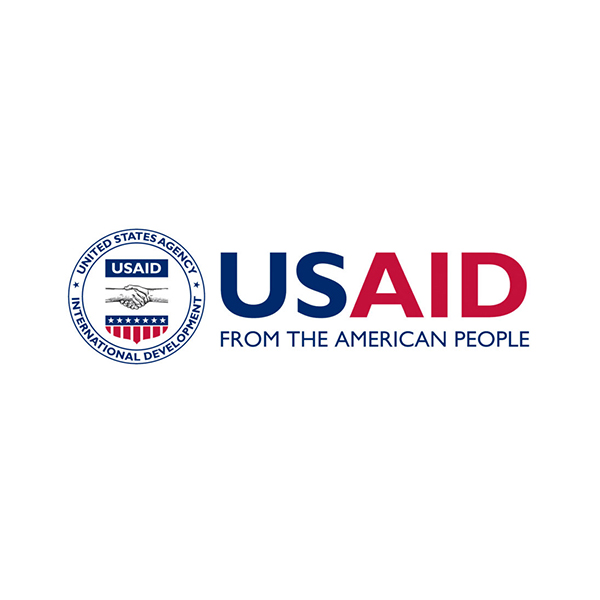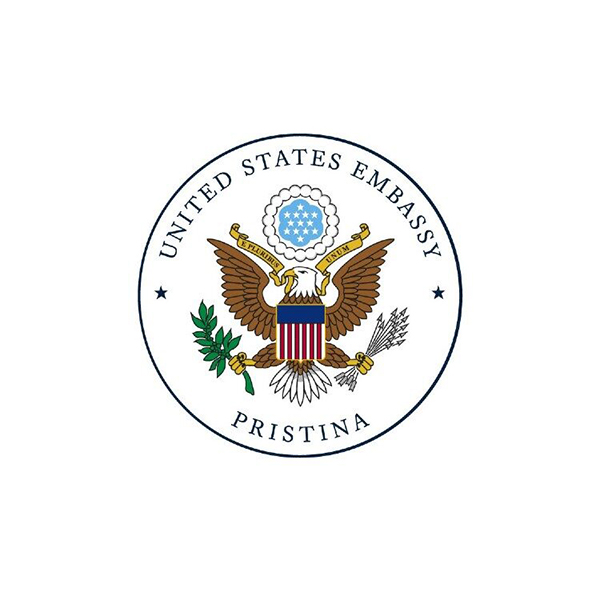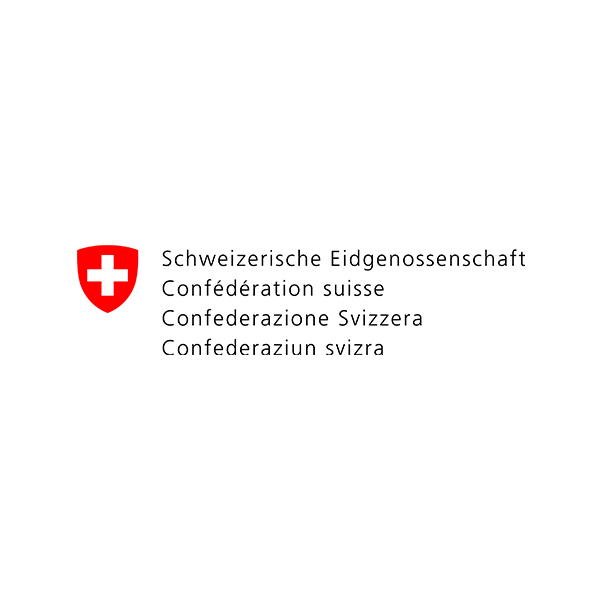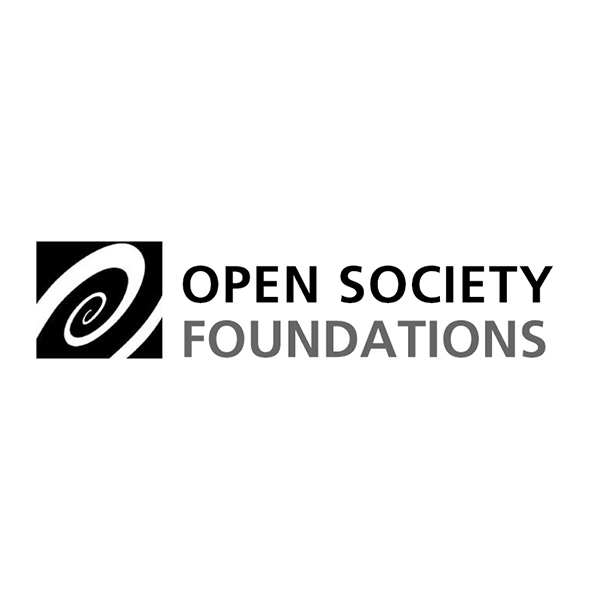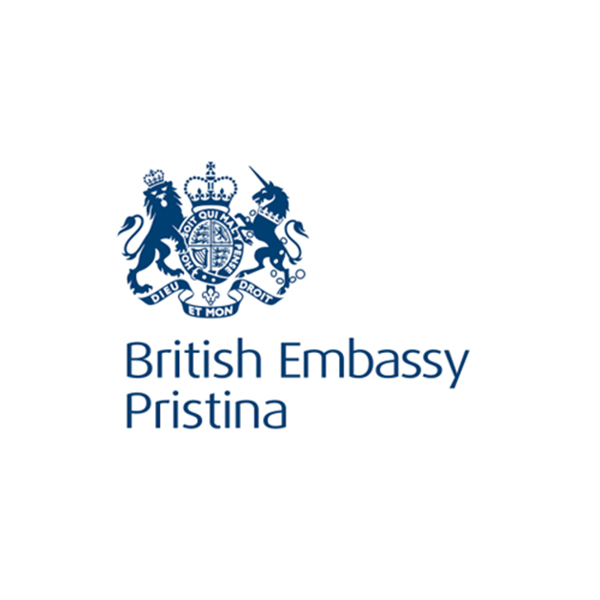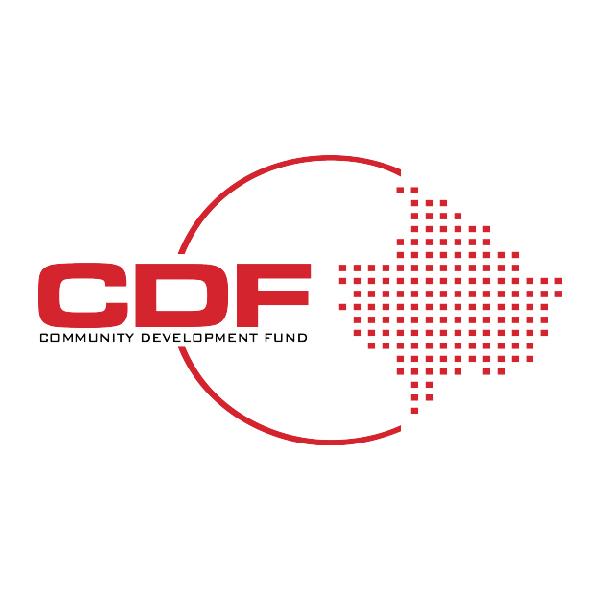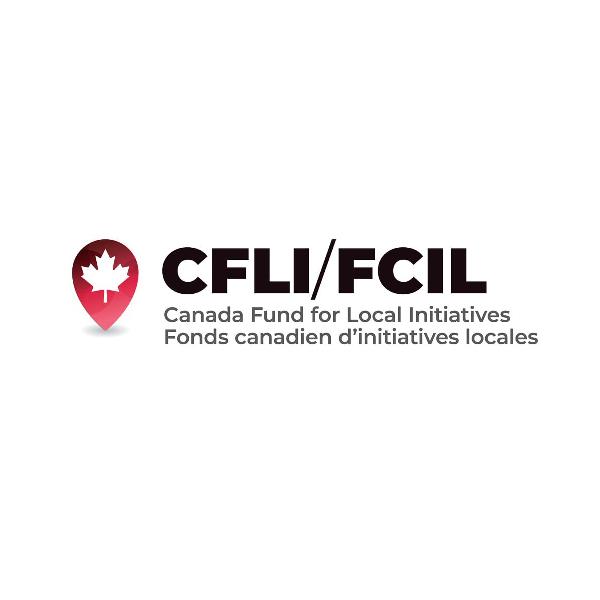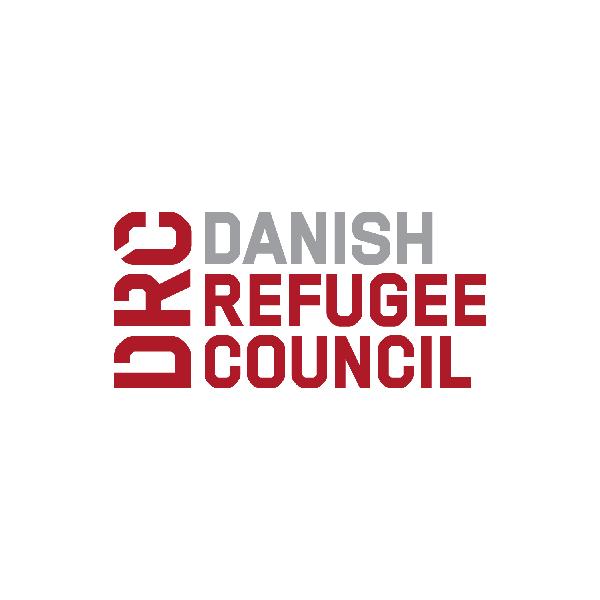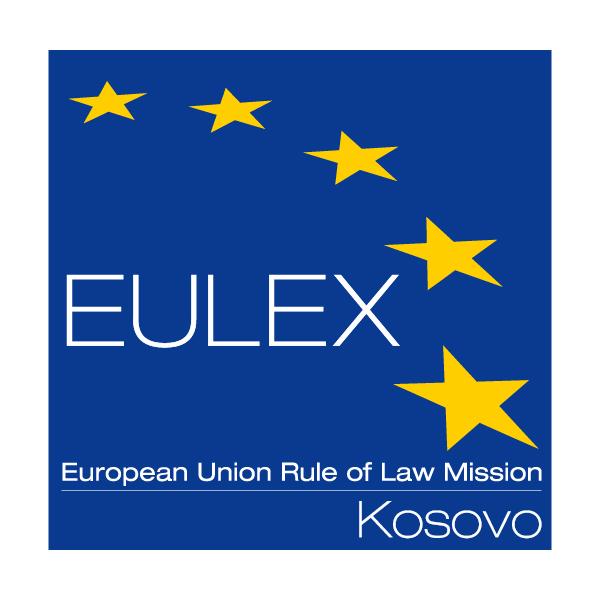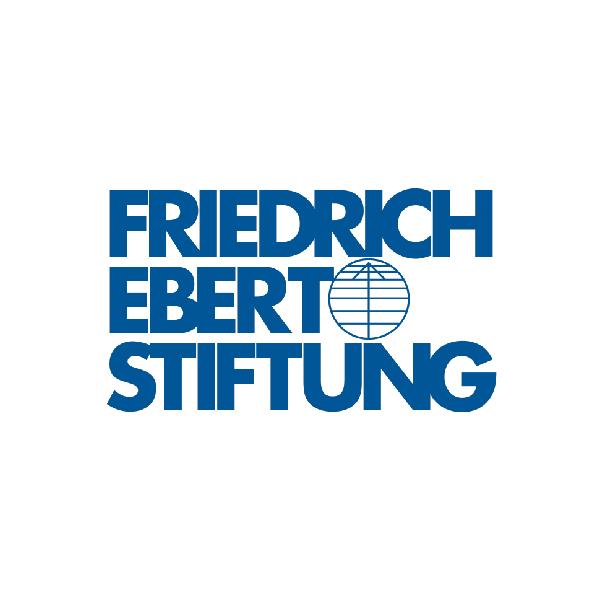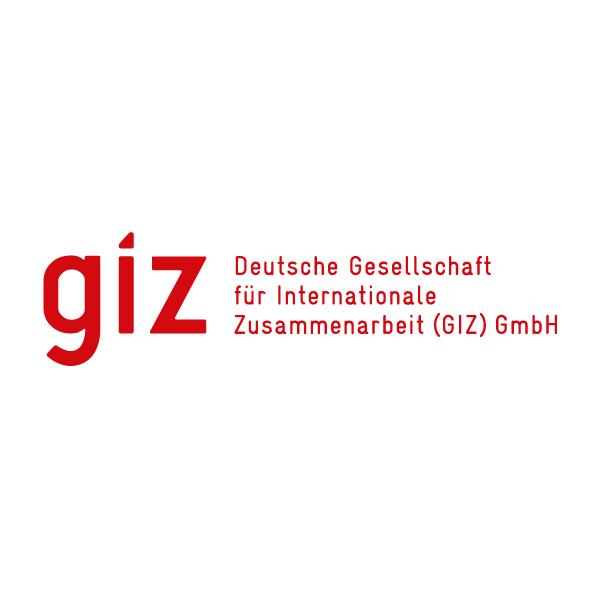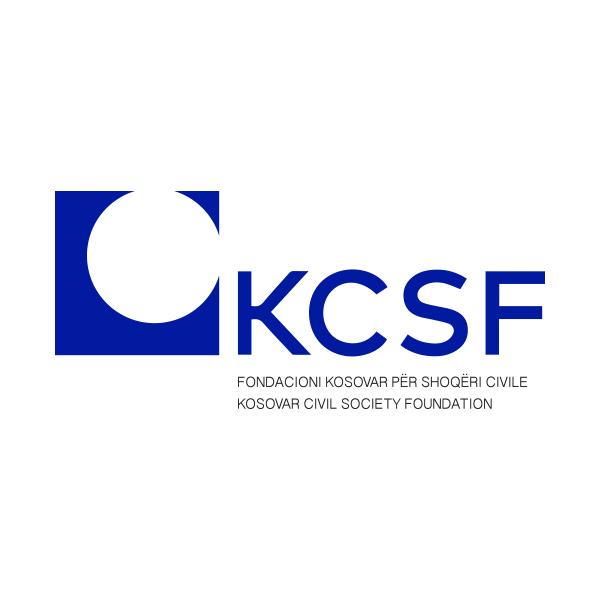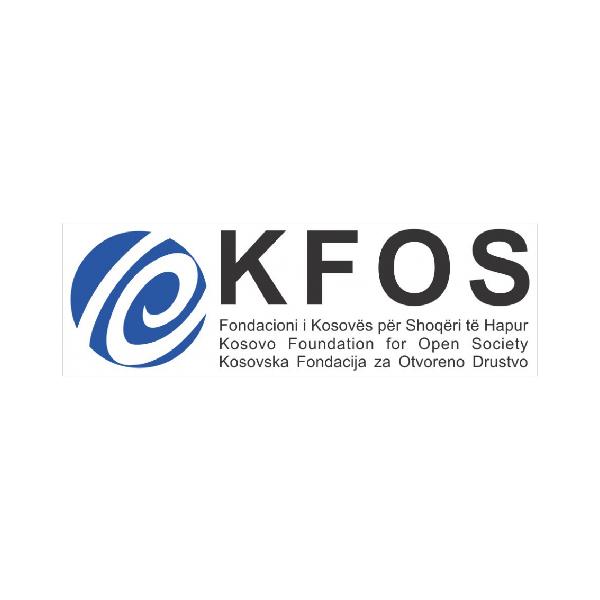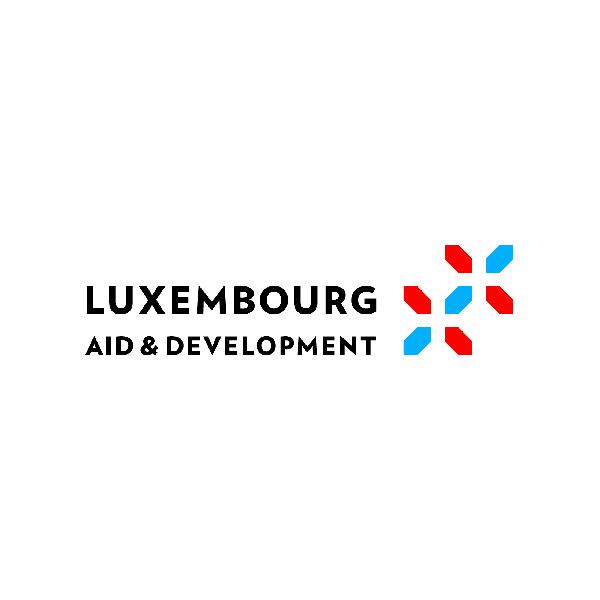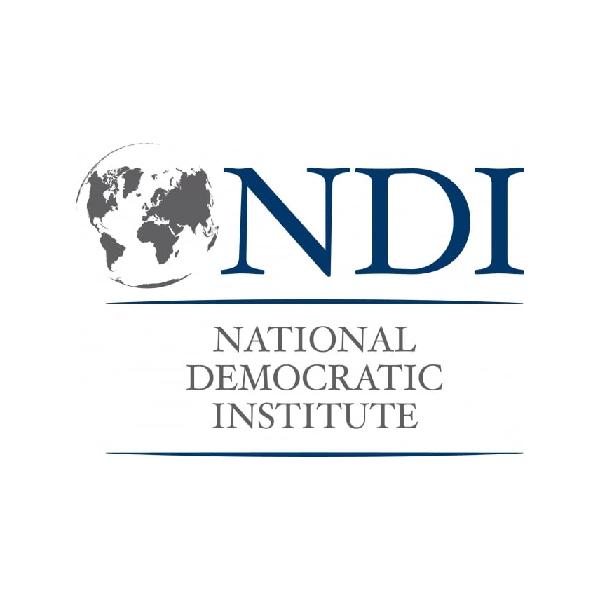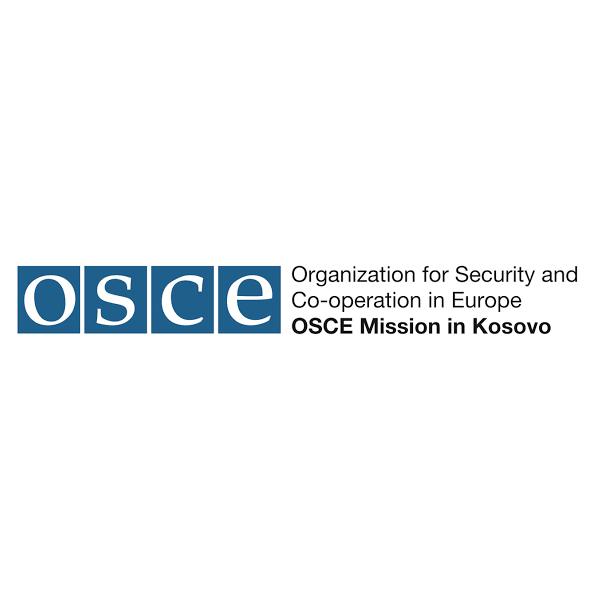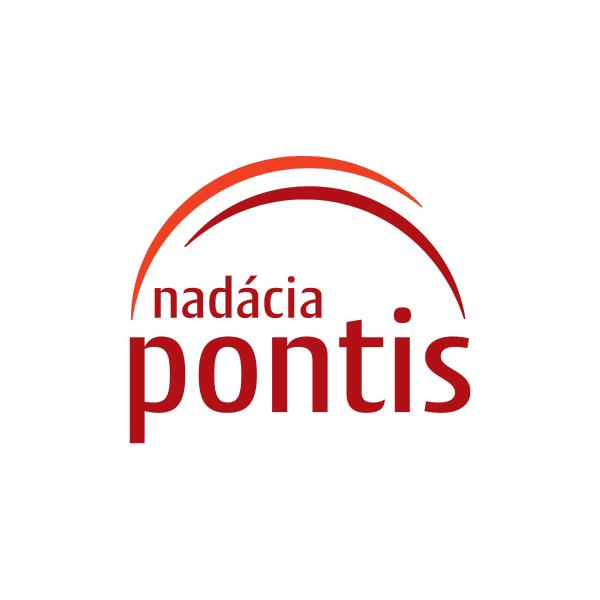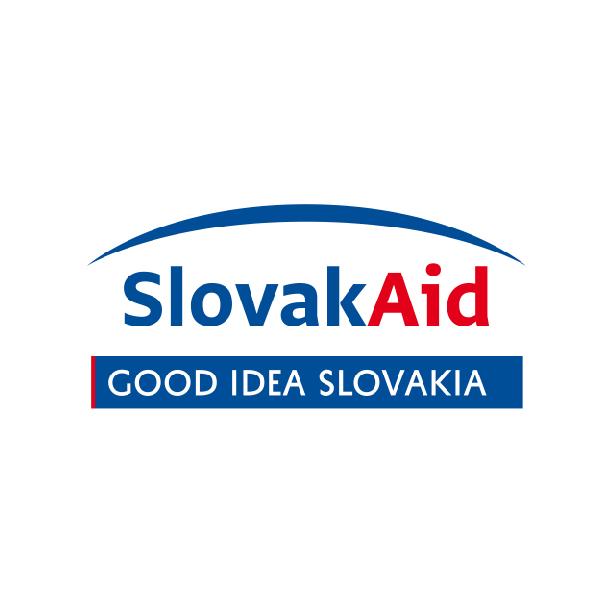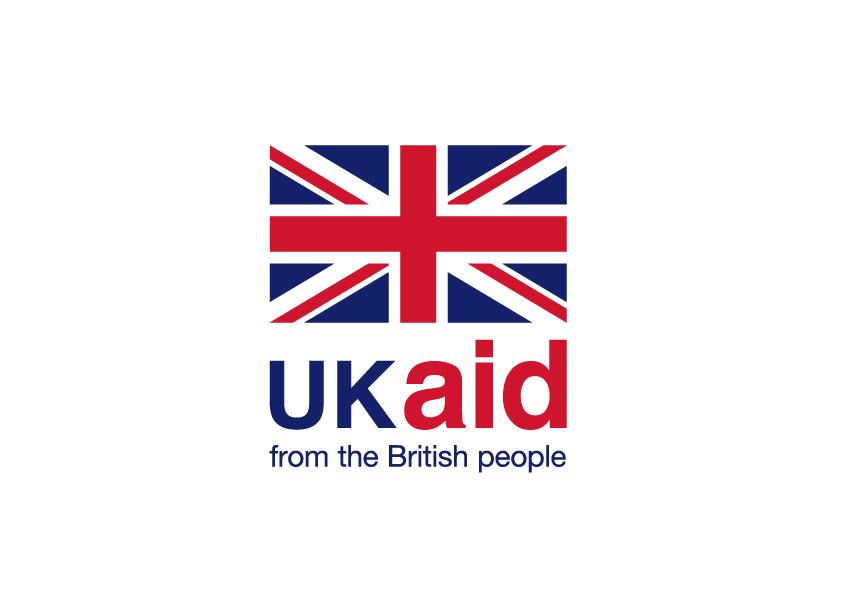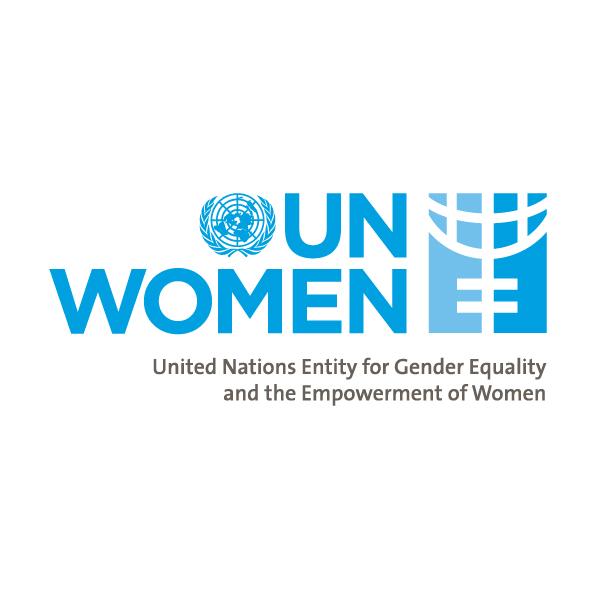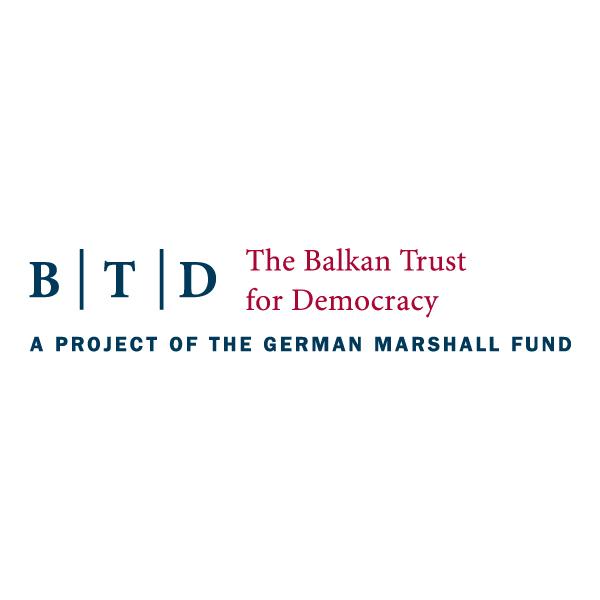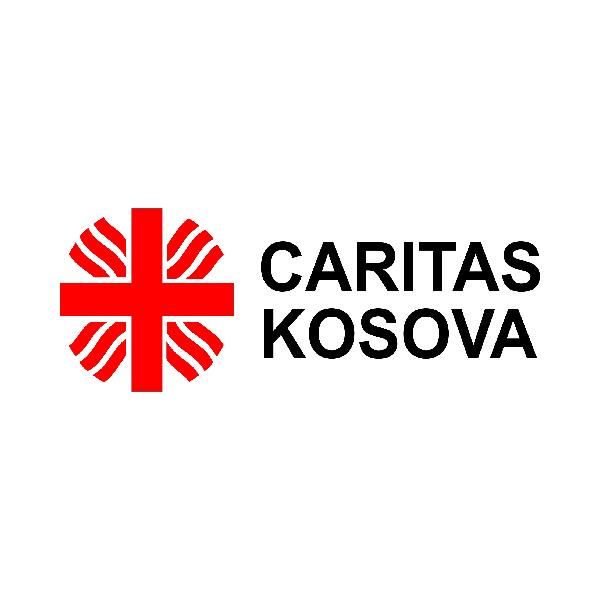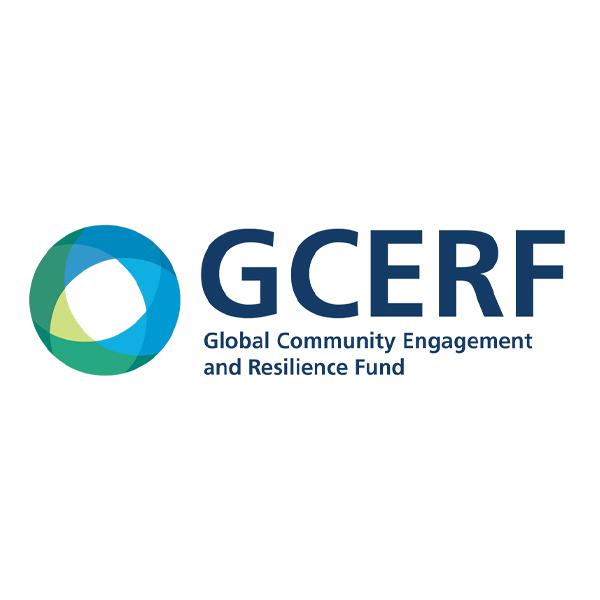Our neighbors’ languages used to be taught in the schools in multinational environments of the former Yugoslavia. That is how the Albanian and Serbian languages were learned in Kosovo, and that practice has undoubtedly enriched our society. It is a great advantage to know the language of the environment in which we live because it contributes to better communication, understanding, and breaking down of the prejudices we have about each other.
 Since the break-up of Yugoslavia, a lot of ugly things have happened to us. The bloody War and killings did not pass Kosovo by either. In such an atmosphere, it never occurred to anyone to force the learning of the language of their neighbors.
Since the break-up of Yugoslavia, a lot of ugly things have happened to us. The bloody War and killings did not pass Kosovo by either. In such an atmosphere, it never occurred to anyone to force the learning of the language of their neighbors.
However, international missions to Kosovo took into account the equality of languages, so in the post-war period, trilingualism was in force. Apart from Albanian and Serbian, the unofficial official language was English, as the language of global diplomacy. Even English was, if I may say so, the standard for the accuracy of an official document.
The Ahtisaari Plan, based on which Kosovo’s independence was declared in Pristina in 2008 with the help of international partners, legitimized through the constitution two official languages, Albanian and Serbian. At the municipal level, the introduction of other languages as official languages, such as Turkish, Bosnian, and Romani, is allowed, depending on the percentage of ethnic communities living in certain local governments. However, given that Albanians make up more than 90 percent of Kosovo’s population, it is difficult to achieve equality in the use of official languages in practice.
Although members of the middle and older generations of Albanians, who lived in the former Yugoslavia, still speak Serbian in large numbers, it is an increasingly rare occurrence among young people. Taking that into account, as time goes on, many Albanians who know the Serbian language have already retired or are nearing the end of their working life, leading one to conclude that there are fewer and fewer employees in state institutions who speak both Albanian and Serbian.
Serbs need knowledge of Albanian, but not the other way around
Although both Albanian and Serbian are official languages in Kosovo, members of the Serb community are certainly not in the same position as Albanians. The majority community does not have a great need for Serbian in everyday life, while Serbs do have a great need for Albanian. Serbs living in Kosovo need the Albanian language to do most ordinary shopping and travel, as well as to complete administrative work. Therefore, Serbs need to know much more of the Albanian language, at least at the elementary level. It can be said that Albanians need knowledge of the Serbian language when they are outside the borders of Kosovo, in the countries of the region, but in those cases, English can also be used.
Non-Serb minorities who are educated within the Kosovo education system in primary and secondary schools, in classes in Bosnian and Turkish, have the Albanian language as a compulsory subject. This was the practice in Kosovo even during the socialist Yugoslavia. However, since the war, Albanian and Serbian children have been educated in schools according to different curricula of Pristina and Belgrade. What they have in common is that they learn only foreign languages, such as English and German, but not the official languages of Kosovo.
However, why do we have to destroy all that was good? Why not reintroduce, at least as an elective subject, the Albanian language in schools where the language of instruction is Serbian and vice versa, the Serbian language in schools where the language of instruction is Albanian?
I know very well that after the war in Kosovo, many Albanians do not want to hear about the Serbian language and vice versa. However, the introduction of an elective subject in schools would at least give a chance to those who want to learn the language of their neighbors. At the same time, scientific studies that indicate that children who speak more languages have more flexible brains and can develop compassion earlier and better understand that other people have different desires, different opinions and different perceptions than themselves, should not be ignored.
Insist on learning official languages
The Constitution and laws of Kosovo oblige all Kosovo institutions to use bilingualism, but in practice the implementation of the prescribed law is weak. There are several reasons why bilingualism is not applied as it should be, spanning from insufficient political will, to financial, technical, and human (im)possibilities.
Immediately after the war, international missions and diplomatic services hired the best translators, meaning that Kosovo’s institutions do not have a large pool of good Albanian to Serbian translators from which to choose. As the teaching of official languages is not obligatory in schools, and there are no departments for learning Serbian or Albanian language at the Universities in Pristina and North Mitrovica, even 20 years after the war, it is logical that there are no professional translators currently and that there will be none in the near future. Even in the Assembly of Kosovo, the highest legislative institution, both oral and written translation is of poor quality. The situation is no better regarding the Government or its Ministries.
It would not be correct to say that there is no goodwill at all to apply the Law on the Use of Languages. In 2012, the Government of Kosovo established the Office of the Language Commissioner, which did much to insist that institutions abide by the Law and to promote awareness among citizens from all communities about the importance of language learning for better communication and understanding. As a journalist of the Serbian language editorial office of RTK Radio, I personally cooperated a lot with that Office, by suggesting which institutions to ask for translation or praising the good practice of those who adhered to the Law on the Use of Languages.
From my experience, I can say that most Kosovo politicians and representatives of various institutions, as well as ordinary citizens from the Albanian community, do not refuse to give us journalists statements in Serbian, even when their Serbian language is not at a satisfactory level. The will of the people mostly exists, but when it comes to official documents and announcements, the situation is much more difficult.
To me as a journalist, the fact that I speak both Serbian and Albanian is a great advantage in my professional work. I am also aware of how much not knowing both languages makes daily work difficult for my colleagues. That is why I considered it my obligation to contribute at least a little to improve the situation through voluntary cooperation with the Office of the Commissioner for Languages.
The example of cooperation between the OSCE Mission in Kosovo (OMiK) with the public service Radio Television of Kosovo (RTK) in organizing free Albanian and Serbian language courses shows that many people in Kosovo are aware of the need to know the language if one already lives in a multinational and multilingual environment. Exactly one such course is in progress, online in accordance with the epidemiological situation, which my colleagues from my editorial office are happy to attend.
There is an interest in learning official languages and we need to insist on that much more for the benefit of all of us who live in Kosovo. Maybe we should look up to cultural workers. The best example is the recent guest performance of a theater play from Belgrade, which was well received in Pristina. The language was by no means an obstacle to enjoying a great show and even better acting. That is why I believe that it is necessary for all of us who live in this area to make an effort not to destroy everything that was good and to ensure a brighter future for our children.


